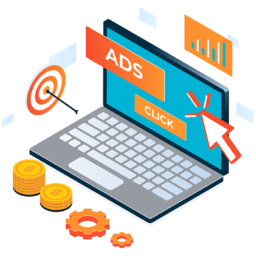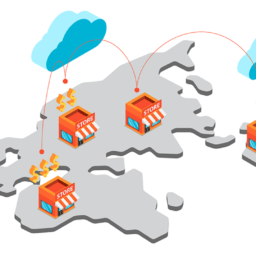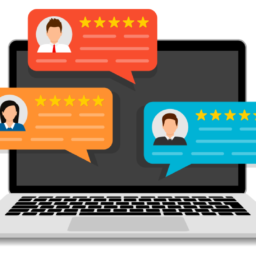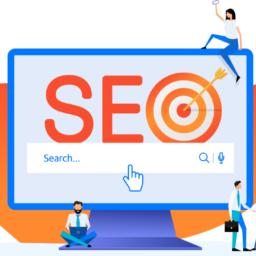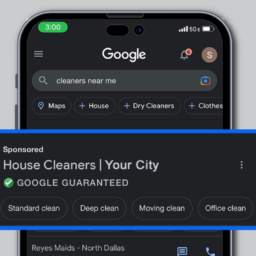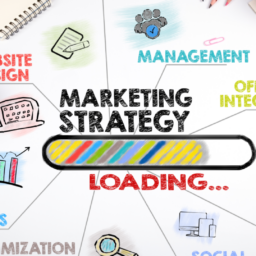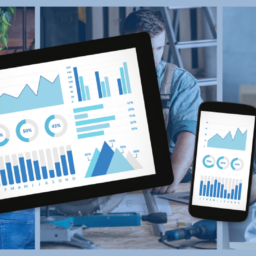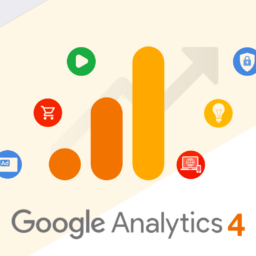
Pros & Cons of Pay-Per-Click Advertising vs. Social Media Advertising
In today’s digital age, advertising has become an essential part of any business’s marketing strategy. With so many options available, it can be difficult to decide which advertising platform to use. Two popular options are Pay-Per-Click (PPC) advertising and social media advertising. In this blog, we will explore the pros and cons of each platform to help you make an informed decision.
Pay-Per-Click (PPC) Advertising
PPC advertising involves placing ads on search engine results pages or other websites and paying a fee each time someone clicks on your ad. Google Ads is the most popular PPC platform, but other platforms such as Bing Ads and Yahoo Ads also offer PPC advertising.
Pros:
- High Visibility: PPC ads appear at the top of search engine results pages and can provide immediate visibility for your business. This can be especially beneficial for businesses that are just starting and don’t have a large following yet.
- Targeted Advertising: With PPC advertising, you can target specific keywords, demographics and locations to ensure that your ads are shown to the right audience. This can help you reach customers who are more likely to be interested in your products or services.
- Measurable Results: PPC advertising provides detailed analytics that allow you to track the performance of your ads. You can see how many people clicked on your ad, how many converted into customers and how much it cost per conversion.
- Flexible Budget: With PPC advertising, you can set your own budget and adjust it as needed. This allows you to control your spending and maximize your return on investment.
Cons:
- High Cost: PPC advertising can be expensive, especially if you are targeting highly competitive keywords. You may need to invest a significant amount of money to see a significant return on investment.
- Constant Maintenance: PPC campaigns require constant monitoring and maintenance to ensure that they are performing well. This can be time-consuming and may require the assistance of a professional marketer.
- Limited Reach: PPC advertising can only reach people who are actively searching for keywords related to your business. This means that you may miss out on potential customers who are not actively searching for your products or services.
Social Media Advertising
Social media advertising involves placing ads on social media platforms such as Facebook, Instagram, Twitter and LinkedIn. These ads can be targeted based on demographics, interests, behaviors and location.
Pros:
- Large Audience: Social media platforms have a large user base, with over three billion active users worldwide. This provides businesses with a large potential audience to reach.
- Targeted Advertising: Social media advertising allows businesses to target specific demographics, interests, behaviors and locations. This can help you reach your ideal customers and increase your chances of converting them into customers.
- Creative Flexibility: Social media ads can be highly visual and creative, allowing businesses to showcase their brand and products in a visually appealing way.
- Cost-Effective: Social media advertising can be more cost-effective than other forms of advertising, especially if you have a limited budget. Some social media platforms also offer low-cost options for businesses to reach their audience.
Cons:
- Limited Search Intent: Unlike PPC advertising, social media advertising targets people who may not be actively searching for your products or services. This can lead to lower conversion rates and a lower return on investment.
- Limited Visibility: Social media advertising is subject to the platform’s algorithm, which may limit the visibility of your ads. This can make it difficult to reach your target audience and may require a larger advertising budget.
- Limited Tracking: Social media advertising provides limited tracking and analytics compared to PPC advertising. This can make it difficult to measure the performance of your ads and make data-driven decisions.
- Rapidly Changing Platforms: Social media platforms are constantly changing and updating their

Follow us on Facebook to see what we’re up to or connect with us on LinkedIn for more business news.
